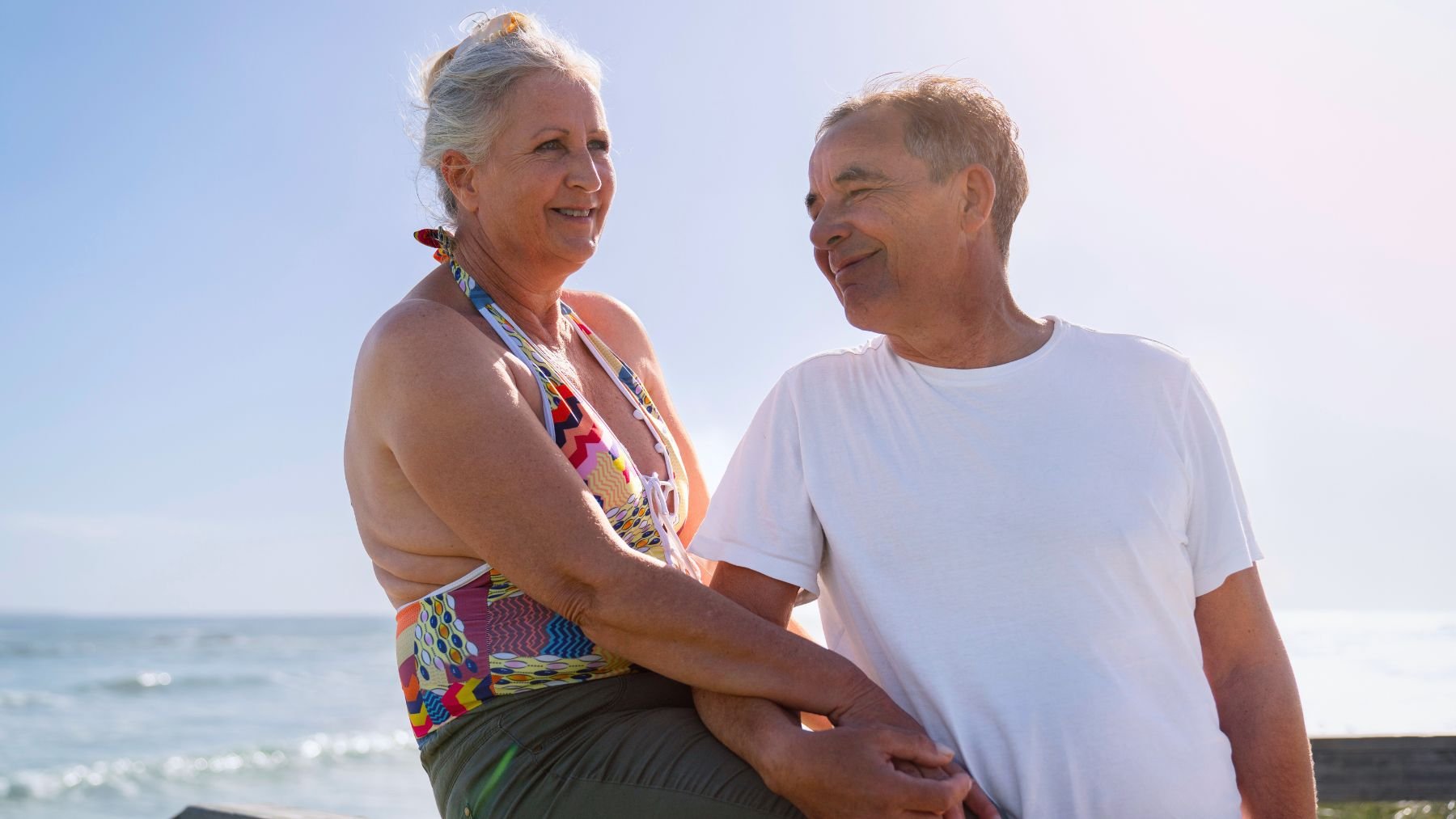When the thermometer tops 86°F, many of us head straight for the pool, lake, or ocean, where swimming feels like a natural escape from the heat. For seniors, it’s easy on the joints, elevates mood, fortifies the heart, and helps with balance and strength. But staying safe is key to enjoying the water, and it’s not just about life vests or how well you swim.
One of the biggest threats lurks in the water temperature itself. Here, we’ll unpack why a simple temperature check can prevent dangerous cold-shock responses after soaking up the sun, and share targeted tips to keep older adults safe in every aquatic setting.
Check the temperature before swimming this summer
Jumping into water that’s too cold or too hot can trigger a sudden physical reaction. Cold water, especially below 70°F, may cause your blood vessels to constrict and your heart rate to spike. That shock to the system can lead to dizziness, nausea, or fainting. On the other hand, hot water over 104°F can raise your core temperature even more, increasing the risk of dehydration or heat exhaustion.
For older adults, these extremes are riskier. Circulation issues, heart conditions, and common medications can all make your body less able to handle rapid shifts in temperature. Losing balance or blacking out in the water, even briefly, can be dangerous. That’s why it’s smart to feel the water first.
Use your hand or foot to check the temperature. If it feels too cold or too warm, wait a bit or skip the swim. When it feels comfortable, go in gradually to give your body time to adjust. That simple step can help prevent serious incidents and make your swim a lot more enjoyable.
Simple ways for seniors to reduce drowning risks
While easing into the water safely is key, it’s just one of several things that can help make swimming safer this summer. These practical steps can lower the risk of accidents and keep you confident in the water:
- Swim with someone: Even if you’re an experienced swimmer, having a buddy nearby adds more safety.
- Stay hydrated: Dehydration can sneak up fast in hot weather, especially if you’re swimming in the sun. Bring water and take breaks to drink, even if you’re not thirsty.
- Avoid alcohol: It affects balance and reaction time, both in and out of the pool, and can also dehydrate you.
- Wear water shoes: These prevent slips on wet surfaces and protect your feet from sharp objects or hot pavement.
- Talk to your doctor: If you take medication, have heart issues, or any health condition that affects alertness or balance, check before you swim.
- Take breaks and listen to your body: Rest in the shade between swims, pay attention to how you’re feeling, and don’t push past your limits.
Swimming is gentle on your joints and a great way to stay active in the heat. But to enjoy it safely, it’s important to respect how your body responds to heat, water, and physical exertion. A few small precautions can make your time in the water more comfortable and much safer.
